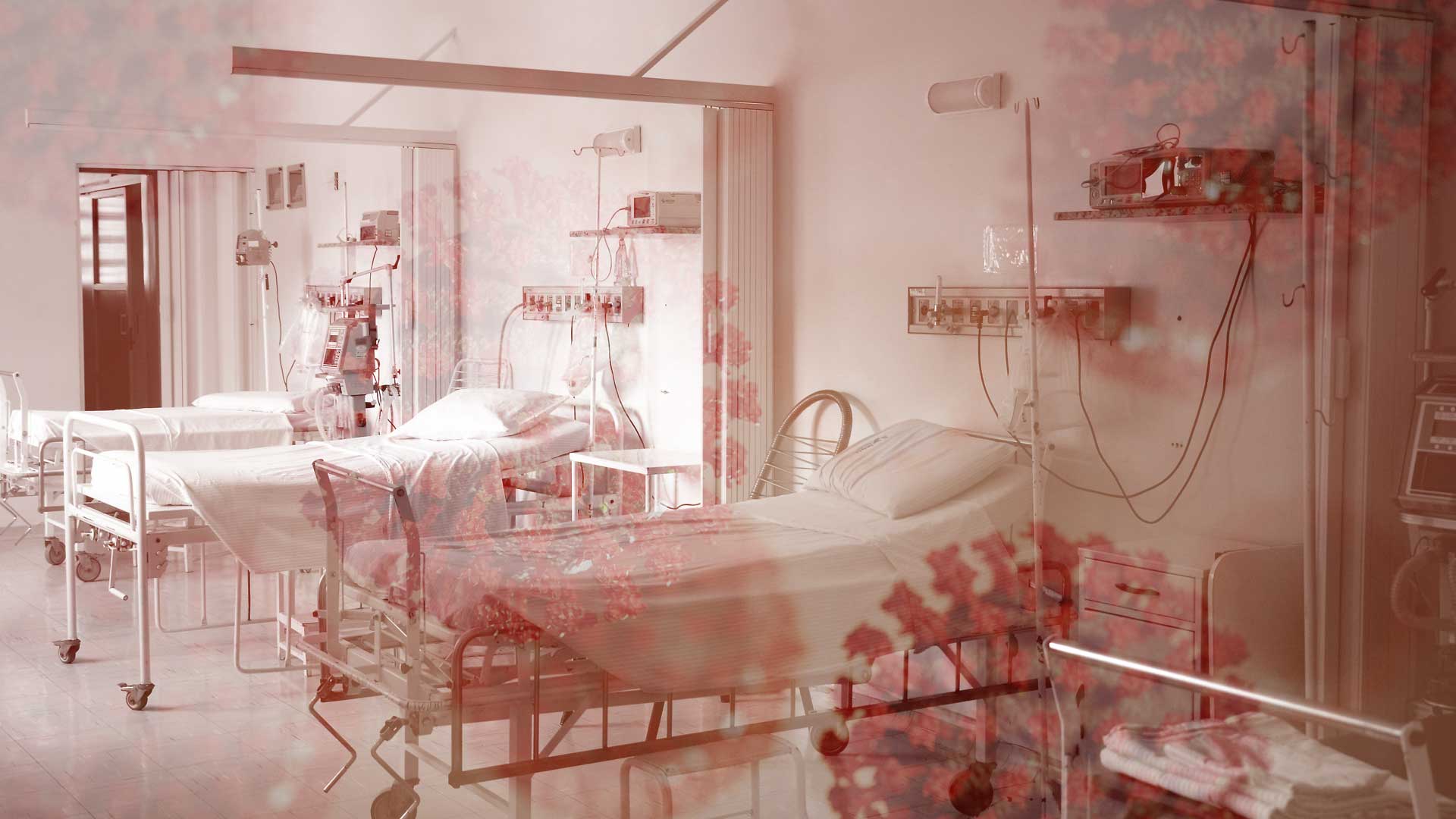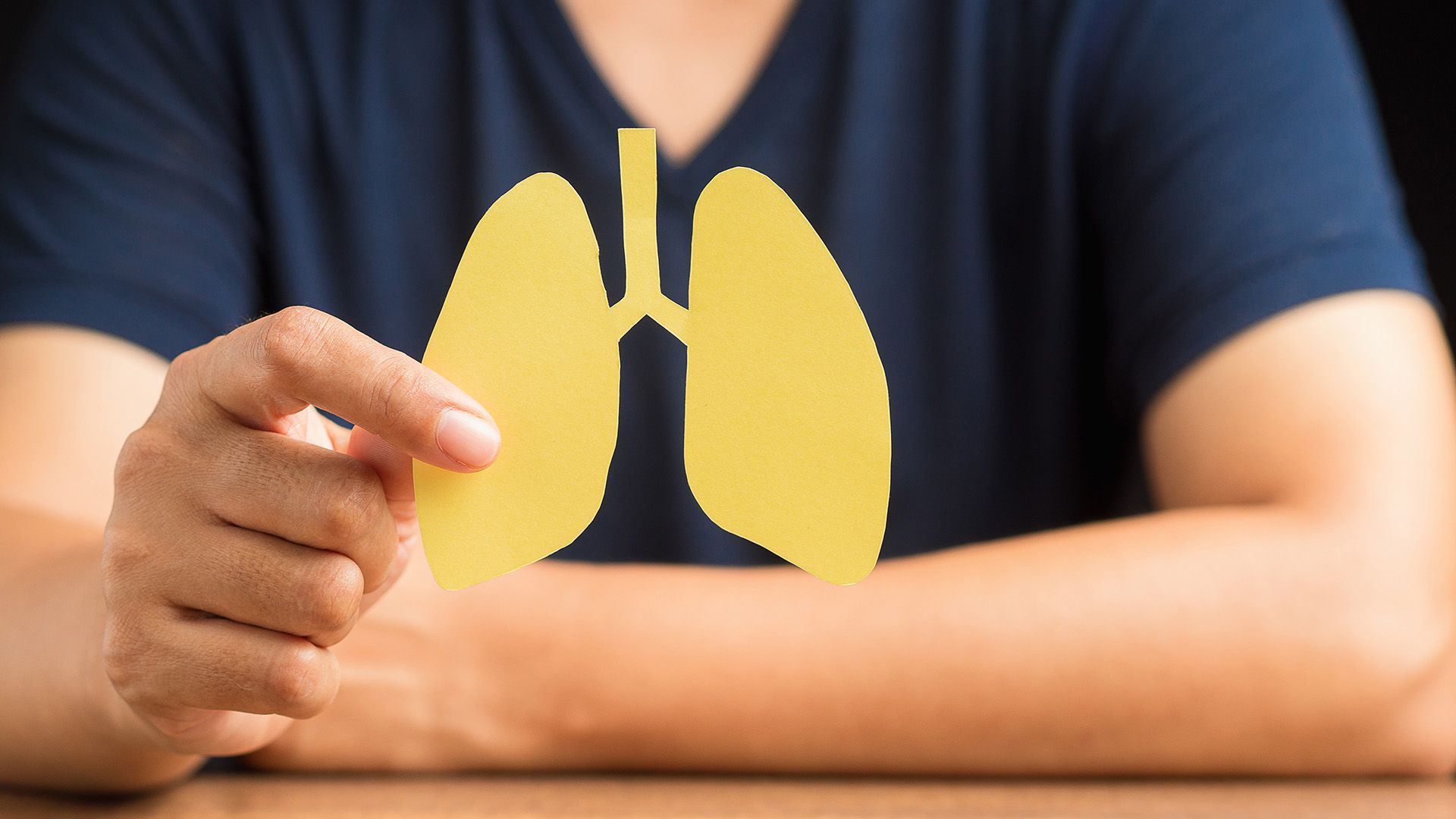Demand for treatment of COVID-19 patients is increasing
Drickus Maartens • July 9, 2020
Public urged to protect themselves, and others, from the virus
“We can understand that the public is concerned about hospital capacity, given the recent surge in COVID-19 cases as well as some fake news circulating on social media that certain hospitals have been closed and that patients are being turned away from some emergency departments,” says Jacques du Plessis, managing director of Netcare’s hospital division.
Du Plessis confirmed that Netcare hospitals are experiencing a significant increase in demand for the treatment of COVID-19 patients, particularly in the Eastern Cape and Gauteng.
“We currently have capacity in our hospitals for both COVID-19 and other patients in our critical care units and general wards. It should be noted that not all patients admitted with COVID-19 or as persons under investigation (PUIs) for COVID-19 require care in critical care units (ICUs or high care units), ventilation or oxygen.
“The situation remains extremely fluid and we expect demand to escalate further in the coming weeks. We are therefore continuously assessing the demand for hospitalisation of COVID-19 patients, PUIs and other patients in order to manage resources effectively in a rapidly changing world.
“We have contingency plans in place that ensure that should a situation present where one of our hospitals do not have capacity at a given time, patients would be transported to and treated in another of our hospitals which does have capacity,” he added.
Du Plessis explained that, in certain instances, for example where a hospital experiences an unexpected staff shortfall, the facility may be temporarily placed “on divert” for emergencies, in which case emergency medical services providers are notified and other hospitals in the area provide cover where needed. This practice has been in existence for many years. It should be noted that emergency medical care will always be provided to any person who presents at an emergency department with a life-threatening injury or condition.
“I would like to reiterate a message that we give to our staff almost daily and that is that their resilience and commitment demonstrated since the outbreak of COVID-19 in South Africa, often in the face of great uncertainty, has been humbling. Netcare values the tremendous contribution of our staff at the frontline, and would like to express our deep and heartfelt gratitude to all our nurses, doctors, other healthcare workers, support staff and contract service providers for their incredible efforts under these unprecedented and challenging circumstances.
Call to action for all South Africans
“Now, more than ever before, every person should play their part in fighting the COVID-19 pandemic. It is the responsibility of each and every South African to maintain safe practices in to minimise the risk of the virus spreading,” urges Du Plessis.
“Regular washing of hands with soap and water or cleaning them with an alcohol based spray or gel; keeping a distance of at least a metre from others; wearing a mask in the correct way when in public areas for example when jogging, shopping, travelling using public transport or in the company of others; refraining from visiting or being visited by family and friends; and disinfecting any surfaces being touched regularly remain the most important in preventing the spread of COVID-19. These are actions every person can take for their own protection and that of others, especially those who are vulnerable,” he concluded.













